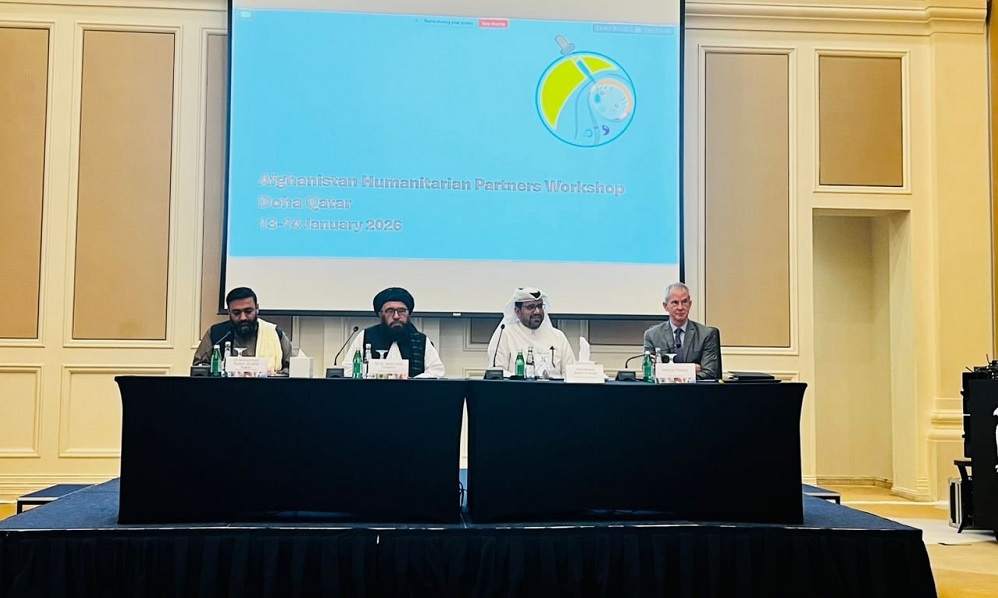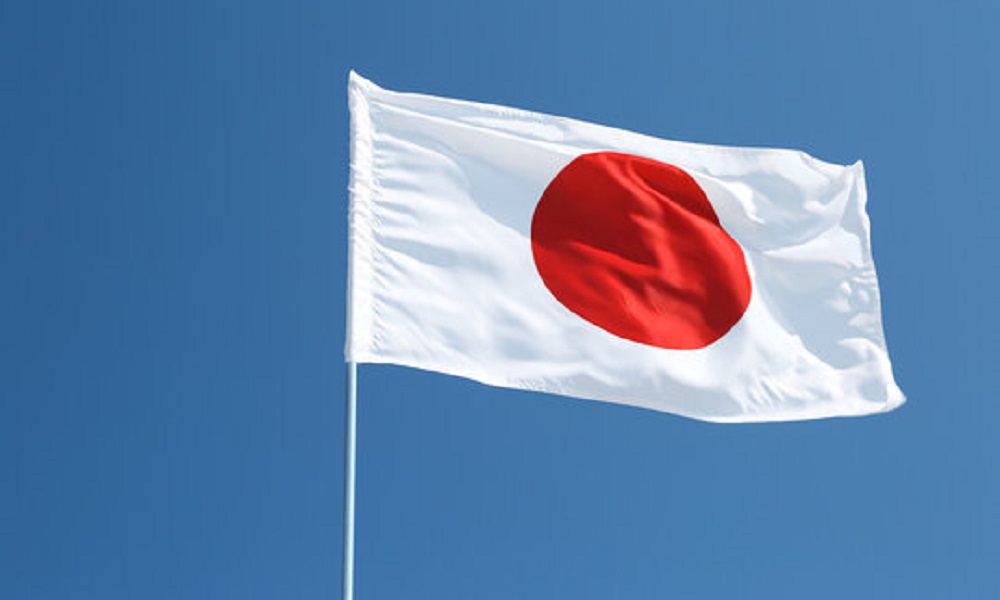Health
Oranges and their amazing health benefits

Oranges are one of the world’s most popular fruits and are currently widely available on the Afghan market but did you know this sweet fruit is packed with vitamin C – an important substance our bodies need to support a healthy immune system in us all – as well as other important nutrients.
The origin of oranges is a mystery but it is believed they were first grown in southeast Asia thousands of years ago but today they are grown across the world and consumed either fresh or as juice.
As a good source of fibre, oranges are associated with many beneficial health effects and are also a good source of several vitamins and minerals, especially vitamin C, thiamine, folate (two of the B vitamins), and potassium.
Seven amazing benefits of eating oranges
1. Oranges Keep Your Eyes Healthy and Your Vision Sharp
2. Oranges Reduce the Risk of Stroke
3. Oranges Assist with Appetite Control
4. Oranges Fight Cancer
5. Oranges Promote Healthy Skin
6. Oranges Keep Your Blood Vessels Healthy
7. Oranges Help Repair your Body
According to a US nutritionist, Dr Cynthia Sass, one orange packs about 80 percent of the daily goal for vitamin C.
She says that in addition to supporting immune function, Vitamin C helps produce collagen, reduce inflammation, and boosts the body’s ability to use fat as a fuel source, both during exercise and at rest.
Too little blood vitamin C has also been tied to increased body fat and waist measurements, she said.
Vitamin C also helps boost the absorption of iron, which can enhance oxygen availability and reduce fatigue. This is especially important for premenopausal women who lose iron through menstruation, and those who follow a plant-based diet, since iron is less readily absorbed from plant sources.
Vitamin C also acts as an aging-fighting antioxidant, and it’s needed for DNA repair and serotonin production. The latter helps to promote happiness and sleep, she said.
The other key nutrients supplied by oranges are potassium and folate.
Potassium supports heart function and muscle contractions, and it helps maintain muscle mass.
Sass says this mineral also acts as a natural diuretic, to reduce blood pressure and counter fluid retention.
Folate meanwhile supports the brain and nervous system, and adequate amounts may help protect against depression and memory problems.
Oranges are also antioxidant superstars, says Sass.
Antioxidants in oranges provide anti-inflammatory, antiviral, and antimicrobial benefits. They also defend against oxidative stress, which is essentially an imbalance between the production of cell-damaging free radicals and the body’s ability to counter their harmful effects.
The antioxidants in oranges may also protect your mental health, says Sass.
A study published in the American Journal of Clinical Nutrition found that higher flavonoid intake may be associated with lower depression risk, particularly among older women. A higher flavonoid intake is also linked to the prevention of weight gain and reduced body fat.
Meanwhile, the vitamin C in oranges is important for growing and repairing tissue all over the body.
According to the University of Maryland Medical Center, vitamin C helps heal wounds and maintain healthy bones and teeth. Vitamin C also supports the production of collagen, which is needed to make cartilage, ligaments, tendons, blood vessels and skin.
But nutritionists and doctors warn that too many oranges at once are not good.
When eaten in excess, the fiber content can affect digestion, causing abdominal cramps, and could also lead to diarrhea.
Though oranges are relatively low in calories, eating several per day can end up leading to weight gain.
Health professionals recommend a daily intake of anywhere between 1 and 3 oranges a day for healthy adults.
Health
Afghan deputy health minister urges increased international support for health sector

Abdul Wali Haqqani, Afghanistan’s Deputy Public Health Minister for Health Services, has called for increased international assistance to strengthen the country’s health sector, stressing the need for sustained and growing financial support.
Speaking at the an international conference in Qatar, Haqqani highlighted critical needs in vaccination programs, primary healthcare, maternal and child health, and preparedness for emergency and epidemic diseases.
He emphasized that aligning international health assistance with Afghanistan’s national health policy would not only improve service quality but also ensure more effective and transparent management of resources.
The deputy minister added that the Ministry of Public Health views such global forums as vital for enhancing cooperation, building trust, and delivering equitable and sustainable healthcare services to the Afghan population.
Health
Japan donates $240,000 to support health services in Afghanistan

The World Health Organization (WHO) has received a humanitarian contribution of $240,000 from Japan to support health services in Afghanistan.
WHO said in a statement the assistance will enable the organization to address urgent health needs while strengthening essential health services.
WHO’s share of the funding will support the continued delivery of life-saving care for the most vulnerable populations – including women, children and displaced families – with a particular focus on maintaining substance use treatment centres and ensuring the availability of critical emergency medical supplies where they are most needed, the statement said.
“We are thankful to the People and Government of Japan for standing with the people of Afghanistan at this challenging time. Their support helps keep essential health services running, including care for people with substance use problems and emergency medical services. This partnership allows WHO to respond quickly and deliver care to the communities that are most vulnerable,” said Edwin Ceniza Salvador, WHO Representative to Afghanistan.
Japanese Ambassador to Afghanistan, Kenichi Masamoto, said: “Japan is deeply concerned about the ongoing challenges faced by the people of Afghanistan and is pleased to support WHO in strengthening essential health services. By prioritizing areas like substance use treatment and emergency care, Japan reaffirms its commitment to the health, resilience and future well-being of the Afghan people.”
WHO emphasized that it will continue working with national and international partners to improve health systems, enhance emergency preparedness, and ensure access to essential services across Afghanistan.
Health
India delivers ambulances to Afghanistan amid growing health cooperation
-

 Latest News4 days ago
Latest News4 days agoPakistan approves re-export of stranded Afghan transit trade cargo
-

 Business5 days ago
Business5 days agoAfghanistan–China joint market opens in Kabul
-

 Latest News3 days ago
Latest News3 days agoUzbekistan pushes forward with Trans-Afghan railway project
-

 Latest News4 days ago
Latest News4 days agoIndia rejects claims of suspending trade with Afghanistan
-

 Latest News3 days ago
Latest News3 days agoAfghanistan and Indonesia call for expanding bilateral cooperation
-

 Latest News2 days ago
Latest News2 days agoAfghan envoy in UAE holds talks with Etihad Airways on launch of direct flights
-

 Latest News2 days ago
Latest News2 days agoPakistan repatriates nearly 1 million illegal Afghans through Khyber Pakhtunkhwa
-

 Latest News3 days ago
Latest News3 days agoChinese envoy, Afghan official discuss ways to strengthen tourism cooperation





































